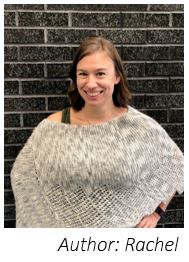Theoretical Sampling in Grounded Theory
There are several important ways that grounded theory studies differ from other qualitative research approaches, and one of these is in the way that sampling occurs. We have written elsewhere about sampling methods for qualitative research. Just as with purposeful (or purposive) qualitative sampling, theoretical sampling involves selecting participants based on specific characteristics. The difference between the two lies in the stage at which participants are selected.

Discover How We Assist to Edit Your Dissertation Chapters
Aligning theoretical framework, gathering articles, synthesizing gaps, articulating a clear methodology and data plan, and writing about the theoretical and practical implications of your research are part of our comprehensive dissertation editing services.
- Bring dissertation editing expertise to chapters 1-5 in timely manner.
- Track all changes, then work with you to bring about scholarly writing.
- Ongoing support to address committee feedback, reducing revisions.
In purposeful sampling, researchers select the participant sampling criteria prior to conducting research. In grounded theory studies, theoretical sampling occurs as the data collection progresses. After the researcher identifies the research topic and question, they identify a small handful of people to interview based on a set of criteria (much like in purposeful sampling). Then, they interview those people. This is where theoretical and purposeful sampling diverge. Following these initial interviews in a grounded theory study, the researcher will analyze these data. Based on the results from this round of data analysis, the researcher will identify more people to interview. These might be people who will confirm what the researcher has already found, but the researcher will also purposefully look for participants who can disconfirm the previous findings. The researcher will conduct interviews with those newly selected participants and then analyze them. Theoretical sampling continues like this, moving back and forth between sampling, data collection, and analysis, until the researcher reaches data saturation, or the point at which the researcher fails to collect new information with subsequent interviews.
